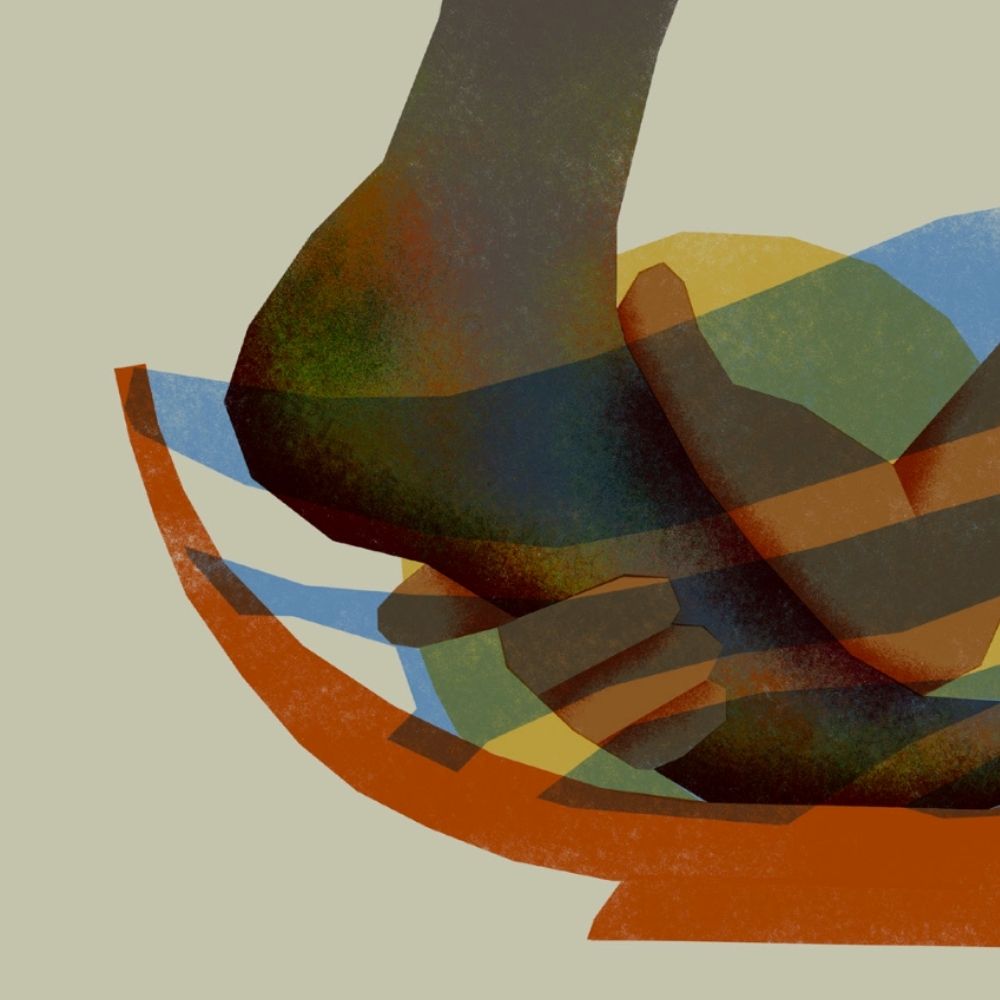
From an early age Phoebe Cary (1824-1871) was familiar with the deep pain of life. Her mother died when she was a young girl. They lived a peasant life in rural Ohio. Phoebe and her sister Alice found comfort amidst their struggle by writing.
They wrote poetry and verse and eventually found a small corner of a market to get their work published. They established a thriving, yet not entirely lucrative social and literary circle in New York City until the death of Alice in 1870 and Phoebe shortly after in 1871. This hymn is notable in that it is the last one that Alice wrote before her death.
There is a simple sweetness to the poetry that also contains the fullness of what they must have experienced in life. The opening lines “drooping spirit rise, be cheerful!….why are you fearful?” could come across as a cheap denial of the reality of life. But that interpretation would be a mistake. There is a hopeful resignation in the promise of the resurrection. When we resign ourselves to the power of Jesus’ rising from the dead. There is true joy and ultimate satisfaction.
So we can say with honesty and integrity, “the struggle is real,” and also there is “weakness and madness in a heart that holds sadness.” The power of death is ended. Christ is risen. Alleluia!
Be Not So Tearful
Phoebe Cary
O mine eyes, be not so tearful! Drooping spirit, rise, be cheerful;
Heavy soul, why are you fearful?
Nature’s grave is breaking, And the earth, her gloom forsaking,
Into life and light is waking.
Oh the weakness and the madness Of a heart that holds such sadness
When all else is light and gladness!
Though your treasure death has taken, They that sleep are not forsaken :
They shall hear the trumpet sound, and waken.
Shall not He, who life suppling To the dead seed where its lying
Quicken also us who are dying
Yea, the power of death was ended When He, who to hell descended,
Rose, and up to heaven ascended.
Rise, my soul, then, from dejection: See in nature the reflection
Of the dear Lord’s resurrection.
Let this promise leave thee never: “If the might of death I sever,
You shall also live forever!”
By Jonathan Gabhart




